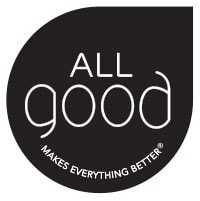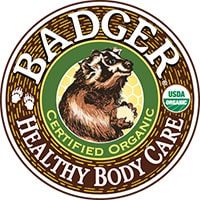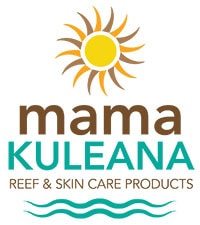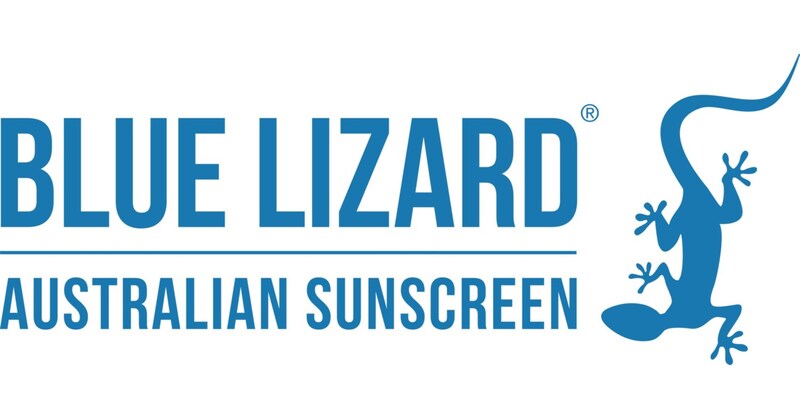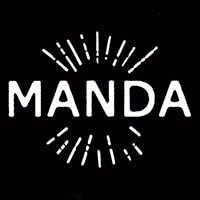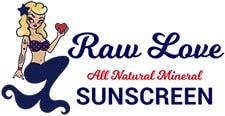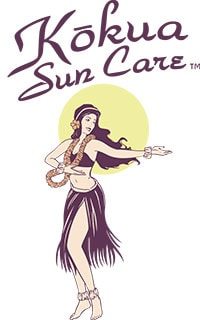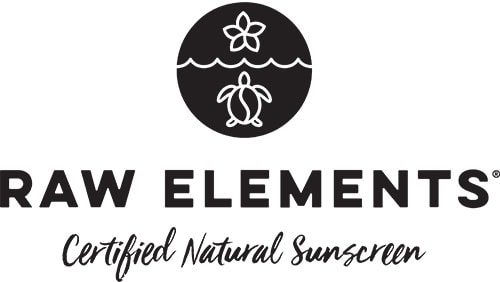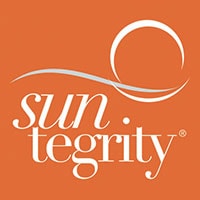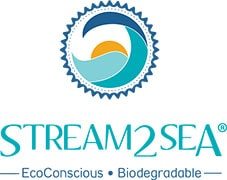SUNSCREEN - THE GOOD & THE BAD
|
|
Greenwashing Unsafe ProductsMany people are still using sunscreen that contains ingredients harmful to critically endangered coral reefs. Just because a label says it's safe, doesn't mean that it actually is. This deceptive tactic is known in the marketing world as 'greenwashing.' Don't be fooled. Many of the most popular sunscreens are not reef-safe. Read on.
|
Recommendations
Before we get to the nerdy science of it all, we'll save you some time and cut to the chase. NBBF recommends mineral-based products, such as the following: All Good, Blue Lizard, Badger, Babo, Kokua, Mama Kuleana, and more. All are mineral-based, meaning they are inherently reef-safe. There are other mineral-based sunscreens so be sure to check the labels. For a more comprehensive list, and for much detailed information, go here: safesunscreencouncil.org. For more information on sunscreen's effects on the human body, go here: ecowatch.com.
What's Wrong With Banana Boat, Neutrogena, Coppertone, et al?
So, what's wrong with all those other brands that claim to be "reef-safe" and "ocean-friendly"? Well, nothing if you weren't going into the ocean. Sunscreen is always a good idea. But, if you were to wade out into the bay, you could be doing harm. Even though many products state they don't contain oxybenzone and/or no octinoxate, they DO contain other chemicals proven to be harmful. These include, but are not limited to avobenzone, octocrylene, and several others that NOAA (National Oceanic and Atmospheric Administration) says their research shows to be dreadfully harmful. To be specific, these chemicals cause hormone deficiencies in maturing fish, weakened immune systems in sea urchins, and stunted growth in green algae, among many other nasty things. Bottom line... play it safe with mineral-based sunscreen.
Sunscreen Swap Initiative (Maui Now)
| |||||||

